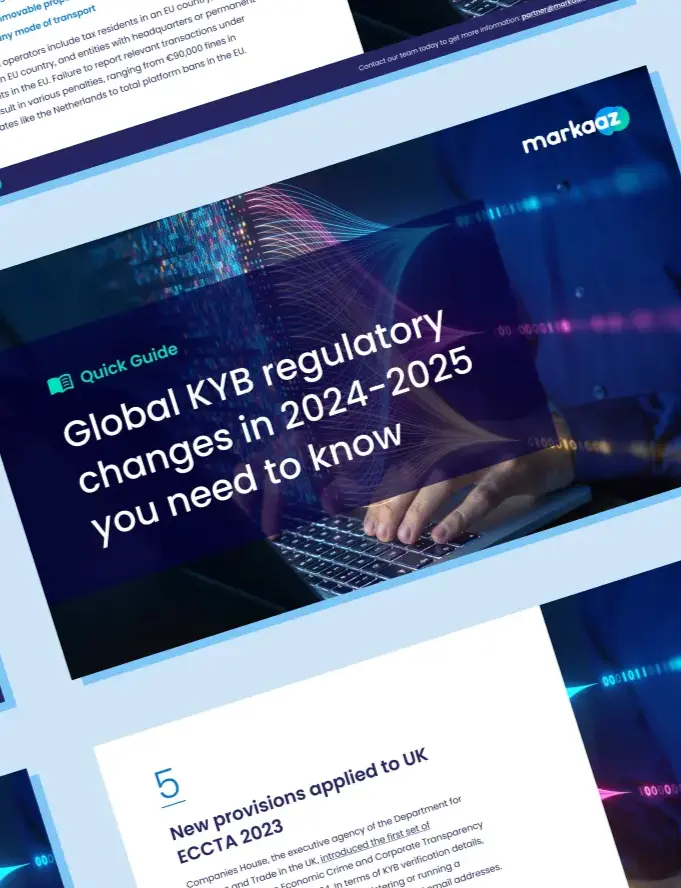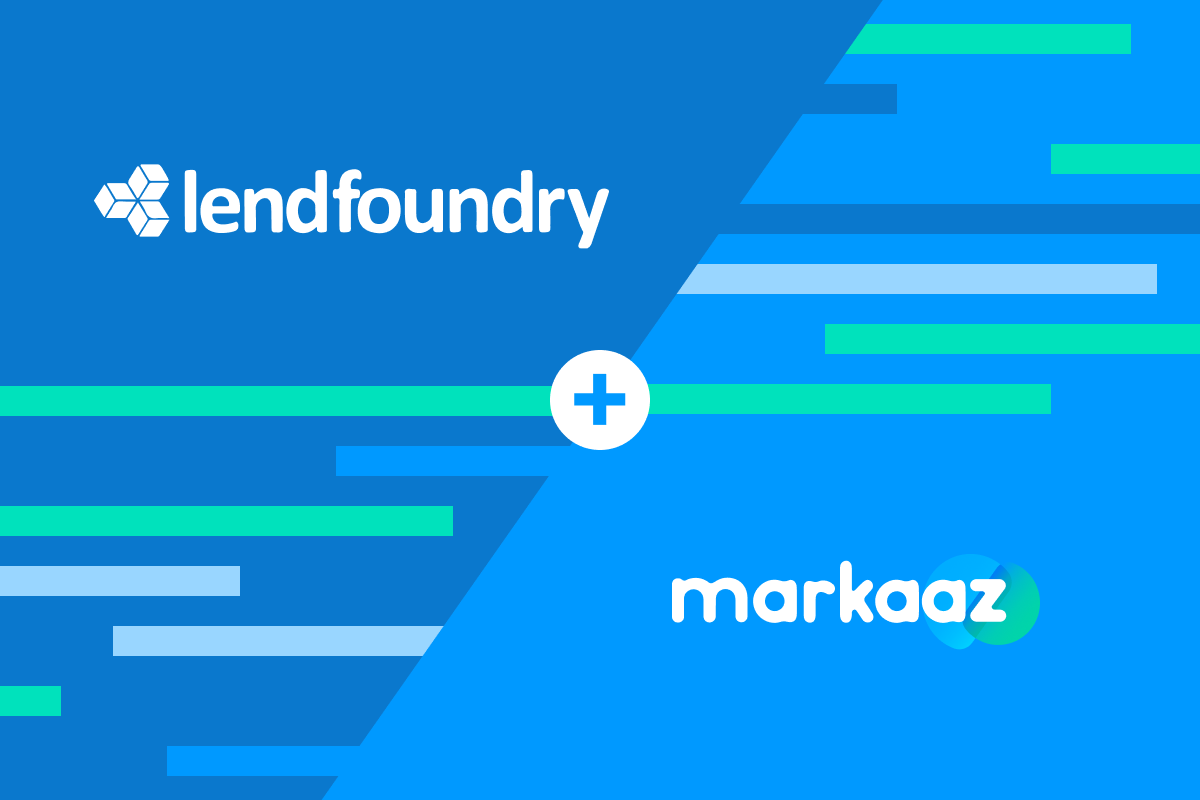Imagine the following scenario: your small business receives an invoice via email like it does several times per month. Your accounting team recognizes the supplier and issues payment.
Only later do you discover that the invoice was not valid at all. Your company unknowingly sent money not to a trusted supplier but to criminals—losing thousands of dollars (or worse) in the process.
Supplier fraud or vendor fraud, such as the scenario described above, is a challenge that more and more small businesses face yearly. And large corporations aren’t immune to these challenges either. In 2019, both Google and Facebook fell victim to the type of invoice fraud—to the tune of $123 million in stolen funds.
According to the Association of Certified Fraud Examiners (ACFE), the median loss business experiences from a single case of fraud is $150,000. For small businesses—where 30% operate at breakeven and 30% operate at a loss—even the loss of a far lesser amount could be detrimental.
Vendor fraud can wreak havoc on your supply chain and your profitability and, in extreme cases, could even cause your business to collapse. Due to the risks, it’s critical that you do everything within your power to safeguard your company from bad actors.
Read on to discover three actionable steps you can take to protect your small business from supplier fraud. As you’ll learn below, each step hinges on verification.
1. Begin with a thorough verification process.
It’s essential to know your suppliers and to know them well. The more familiar your team is with its suppliers, the easier it will be to detect false invoices, overbilling, compromised emails, payment tampering, employee kickbacks, price-fixing, and other types of supplier fraud.
Knowing your suppliers begins with supplier verification. An effective supplier verification process can put your business in a stronger position to avoid vendor fraud.
Here’s a look at some of the vital verification checks your business should take before your business onboards a new supplier:
- Know Your Customer (KYC)
- Know Your Business (KYB)
- Anti-Money Laundering (AML)
- Identity Verification
Note that a “thorough” verification process doesn’t have to mean “lengthy” here. Markaaz allows you to perform an extensive review of suppliers at the click of a button. The platform empowers your small business to fight supplier fraud online through data and analytics.
2. Commit to continuous supplier monitoring.
Many small businesses devote a significant amount of time to the initial supplier vetting process and overlook the need for continuous supplier monitoring. Yet ongoing vendor management is just as important. Effective supplier monitoring can protect your company from numerous types of supply chain risks, including potential exposure to supplier fraud.
Supplier monitoring can help you weed out untrustworthy vendors and develop strong relationships with reliable suppliers that you can work with over an extended period. Maintaining relationships with reputable suppliers may help you to fight fraud as well.
How can strong supplier relationships fight supplier fraud? An ACFE study finds that the most common way businesses detect fraud is through tips from whistleblowers. Nearly 10% of those tips that helped companies identify and stop fraud schemes came from trusted vendors.
Again, Markaaz simplifies the process of supplier monitoring for small businesses. You can now use Markaaz to monitor more than 100 million pre-verified small business listings—including their business risk scores (powered by Equifax). This type of vendor-monitoring capability can give your small business access to the same advantages that big businesses enjoy.
3. Verify invoices before issuing payment.
Supplier fraud is more common than many small business owners realize. Lloyd’s Bank reports that over 50% of small and medium-sized businesses have experienced supplier fraud as an illegitimate invoice.
If your business works with suppliers or third parties in any capacity, it’s wise to develop a verification and review process that applies to every invoice you receive. Here are a few steps you may want to include in your invoice verification process:
- Training on how to identify common red flags in invoices and emails. Altered or “updated” payment procedures, changes to contact information or bank account details, misspelled words, invalid domain names, and other suspicious information should all trigger further investigation.
- Internal checks and balances. Your company should have at least two employees sign off on large invoices before paying suppliers. Depending on the size of your business and other factors, you might want to assume the responsibility for issuing final payment approval until you can hire someone you trust to manage the process for you.
- Direct confirmation with the vendor. If something about an invoice you receive feels off, you should reach out to your supplier directly using the contact information you have on file. Responding to an email isn’t enough. If someone attempting to commit fraud sent that email, your verification attempts wouldn’t be effective.
The Markaaz Staged Account may offer your business an added layer of protection with regard to payments. The Staged Account allows you to pay with different sources of value, leveraging universal payments and applying the highest security standards. It is a digital solution enabling simple invoice delivery and prompt payments, allowing for multi-sourced payments and improved cash flow.
What’s Next?
As a small business owner, you pour a lot of yourself—your time, energy, and resources—into your company. But if you don’t protect your business from supplier fraud, people with bad intentions could undermine all that hard work.
Verifying suppliers through online research and Google searches alone may not be enough to keep your business safe from supplier fraud. But Markaaz offers a robust solution to help you verify, monitor, and pay suppliers more safely.
At the same time, Markaaz can help you weed out some of the other point-to-point solutions you have depended on to manage or try to grow your business. Small businesses use 20 or more different software solutions on average and use 16% of their monthly operating expenses on business tools and software. Markaaz could help you reduce these expenses by as much as 50%.
If you’re ready to learn more, you can try this best-in-class technology for free with a seven-day trial. Discover first-hand how Markaaz can protect your small business and help it grow.
Hany Fam, Founder and CEO, Markaaz
About the author: Hany Fam is the founder and CEO of Markaaz and a transformational leader with a track record of building global platforms and businesses. He is an Official Member of the Forbes Business Council and a Member of The World Economic Forum’s Global Innovators. Fam is focused on creating a positive and sustainable impact for small business owners through the world’s first global platform to verify and connect small businesses and the network of partners that support them. Before founding Markaaz, Fam held global leadership roles in business transformation, value creation, and technology, gaining depth of experience in payments, B2B platforms, enterprise partnerships, and SaaS. He served as CEO of AXA Global Enterprise & Partnerships, Founder & President of Mastercard Enterprise Partnerships, and President of Mastercard UK & Ireland Markets. He also held roles in Applied Technology, including as the CTO of Toshiba International’s Heavy Industrial business in Australasia. Under Fam’s leadership, Mastercard Track was launched, the first and only global trading platform connecting every supplier and buyer on the planet to simplify and automate the exchange of payments and related data.




